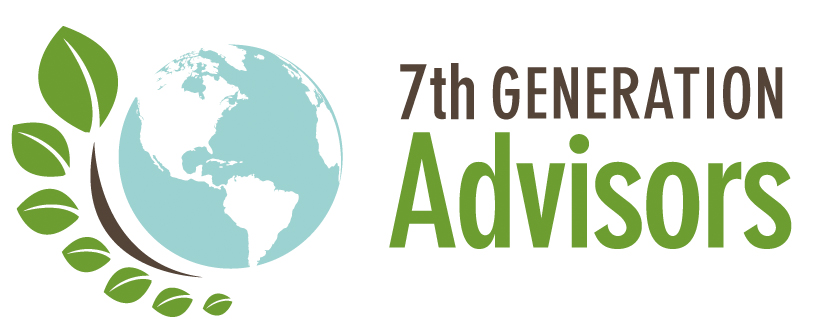Health for the Whole Earth
Our Thriving Lands, Waters and Wildlife program is designed to fill in gaps and provide resources for efforts to protect threatened ecosystems, recognizing the link between climate; conservation; and the health and well-being of all living things. We seek out and implement bold, novel ideas and solutions that can be replicated and leveraged in order to make greater impact before “points of no return” are reached for species and the climate. From litigation to advocacy and education we strive to contribute to the goal of ending the extinction crisis and protecting our wild lands and waters to support the collective health of the Whole Earth.
Below are our current Thriving Lands, Waters and Wildlife projects:
Environmental Law Enforcement
Under the US federal Clean Water Act and other environmental protection statutes, citizens are encouraged to identify sources of pollution and back up limited government enforcement efforts in their region. SGA provides advice and support to NGOs bringing lawsuits to protect our air, water, lands, climate, and endangered species. Critical resources for this work are provided through “Revolving Litigation Funds” from which NGO plaintiffs, especially First Nations tribes and indigenous communities, may draw funding to support evidence gathering, expert analysts/witnesses, and specialized lawyers (who generally work at significantly reduced rates). If cases are successfully prosecuted or settled, fees and costs are recovered and repaid to these Funds, providing a perpetual source of support for new cases. Today, SGA manages three such funds:
Revolving Litigation Fund (water, air, endangered species)
Water for Fish (restoration of rivers and salmon habitat along the US west coast)
Climate Litigation Fund (mitigation of climate change impacts to municipalities)
Clean Seas Coalition
SGA participates in multiple efforts to protect our oceans and water quality, including on climate change and ocean acidification; fisheries management and species conservation; First Nations Marine Protected Areas; marine mammal protection; and clean drinking water and municipal water quality issues. One area of focus is plastic pollution source reduction, managed through our facilitation of the Clean Seas Coalition (CSC),a growing network of environmentalists, scientists, lawmakers, students, and community leaders developing and strengthening measures that reduce trash in our seas and on beaches through grassroots campaigns, education, and legislation. To date, the CSC has spearheaded hundreds of local bans on various types of plastic pollution; local ordinances supporting extended producer responsibility measures; and statewide laws on plastic pollution from pre-production pellets (“nurdles”). In California, we have led efforts to ban single-use plastic bags and plastic microbeads in personal care products.

